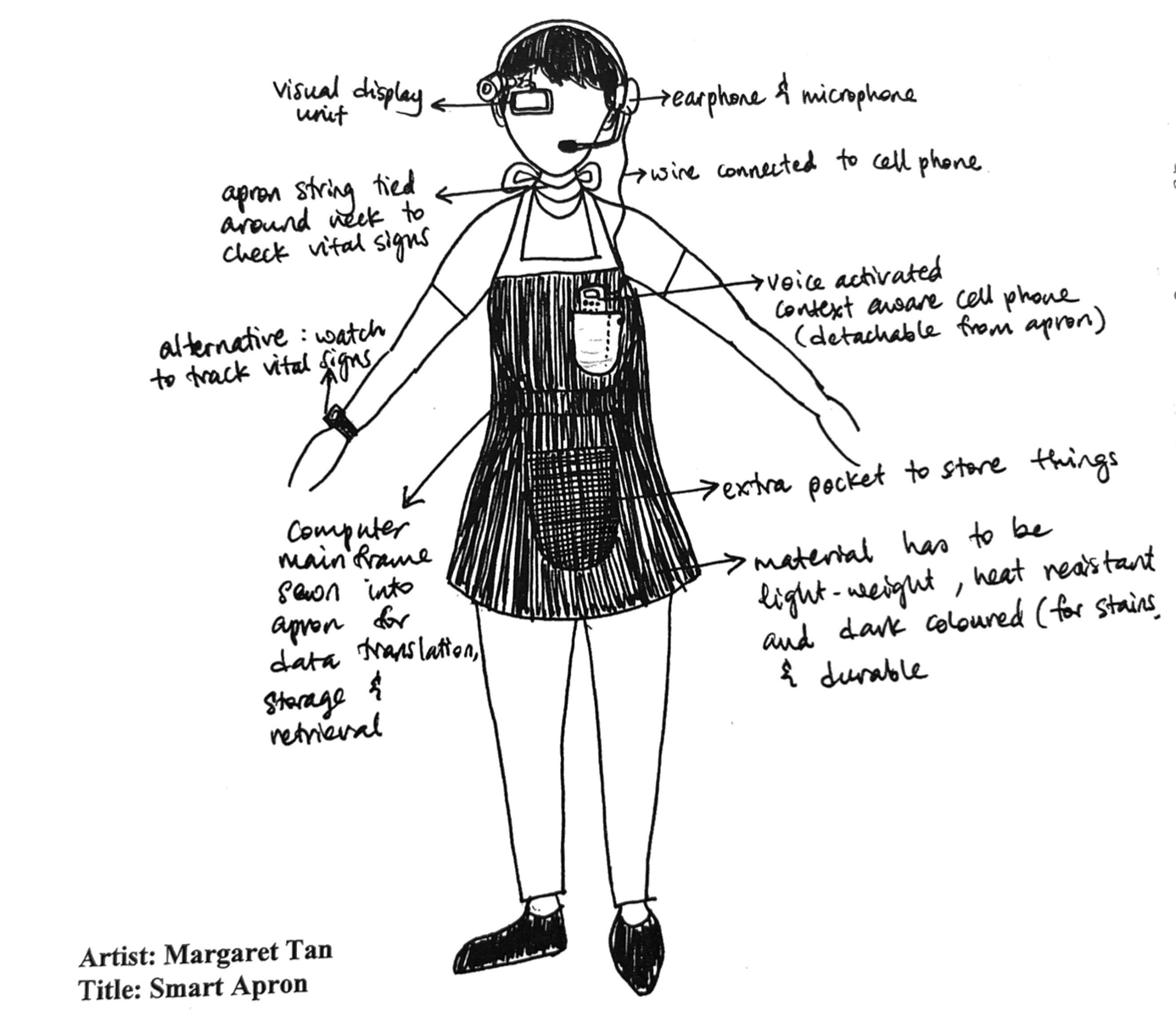
Conversation
Cybercultures and Cyberfeminisms
Jan 30, 2023
8:00–9:30pm ET
Online
This program brings together artists, curators, and writers in the U.S. and Asia who were involved in cyberfeminist conversations on and offline during the early 2000’s, including artists exhibiting in feminist contexts, moderators of feminist discussion lists and organizers of cyberarts labs. In addition to parsing feminist interventions into cyberculture—including postcolonial critiques of virtuality and biotech, the material life of the internet and questions of reproduction and labor—the panel will also reflect on historical returns to and reconstructions of these contexts today. Speakers include Irina Aristarkhova, Maria Fernández, Mindy Seu, and Margaret Tan.
This program is curated by Jeannine Tang as part of the Singapore Biennale 2022 named Natasha, organized by the Singapore Art Museum, with support from SAM Residencies. Co-presented with the Vera List Center for Art and Politics at The New School, New York.
The SWEET PEA: YOUR OTHER PROGENY series features conversations between art and critical technoscience on intelligence, knowledge, and capacity. Each panel features artists and theorists who have troubled commonplace cultural investments in notions of intelligence, gender, sex and race as predictably inherited characteristics, by way of social questions of kinship, reproduction and labor. Across the hubs and labs of the university, spaces of interaction online and within the digital image, their work has traversed disciplines and forged uncommon kinships and collaborations. By bringing together technologies of machine and human intelligence with their symbolic, social and metaphoric worlds, these speakers weave together multiple feminisms on/offline, work between scientists and artists, relations of family and relationships with machines, entanglements between the living and (un)dead.
The title of this series cites Francis Galton’s 1875 growing of sweet peas to calculate the difference in weights between mother peas and their offspring, and his theorizations that variance between families nonetheless combined to produce a normally distributed population. Galton would subsequently substitute human characteristics for the use of sweet peas, producing eugenicist theories of human ancestral hereditary and earlier biometrical methods, which today traverse population sciences across technological, biological and social domains. Not only have sweet peas existed as a food source and subject for the development of technoscientific method, they have also since become an affectionate endearment, applied especially to young kin, offspring and companion pets. The storied life of sweet peas as subject and cultural metaphor arguably extends into the present, through advancements in technoscience and predictive temporalities, across smart technology and AI’s resuscitation of racial sciences of craniotomy and phrenology, the feminization of digital assistance and companion robotics, fears of racial contamination and the unruliness of multiplicitous, indeterminate sex.
The work gathered here reflect strands of critical experimentalism in contemporary art in conjunction with technoscientific practice, while incorporating reflexive approaches to methods and machines, particularly with regards to their effects upon corporeal bodies and social identity, and enmeshment with population control across labor, welfare, health and security. Against the enclosure of futurity by cloned and coded pasts, these speakers have not shied away from machine and nonhuman forms of intelligence, but sought them out, while finding other ways to co-exist with other peoples, zombies, robots, and ancestors. Working beyond colonial dynamics of command and control, these speakers have given us other progenies, and offered them–and ourselves–other, more surprising futures.
The program will be followed by additional programs including Living and Undead Labor: A Conversation with David Bering-Porter & Aarti Sunder and Binary Calculations are Inadequate to Assess Us: A Workshop with Stephanie Dinkins. For more information the Singapore Biennial and registration to other programs part of Sweet Pea: Your Other Progeny, please visit this link.
The Vera List Center is committed to ensuring that our programs are accessible to and inclusive of all. Please let us know when registering if you need any accommodations.
The Spring 2023 programs of the Vera List Center for Art and Politics are generously supported by members of the Vera List Center Board, other individual donors, and the following institutional donors:
The Andy Warhol Foundation for the Visual Arts
The Boris Lurie Art Foundation and the Schaina and Josephina Lurje Memorial Foundation
Bridge Philanthropic Consulting
The Dayton Foundation
The Ford Foundation
Italian Council
The Kettering Fund
Mellon Foundation
The Native Arts and Cultures Foundation
and Pryor Cashman LLP
We also gratefully acknowledge the support of The New School, our academic home.
